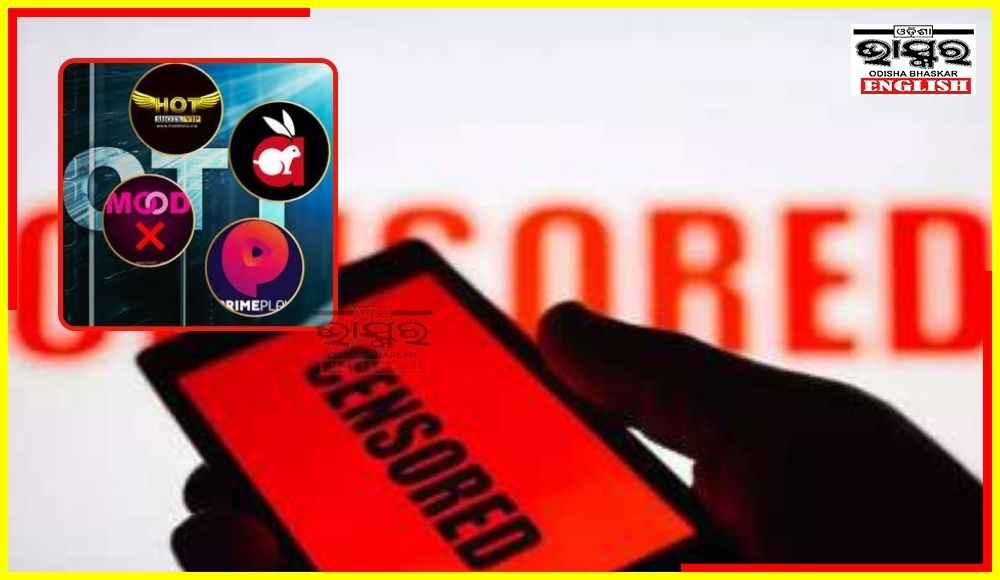New Delhi: The Ministry of Information & Broadcasting (I&B) in coordination with various intermediaries, has decided to block 18 OTT platforms publishing “obscene,” “vulgar,” and, in some instances, “pornographic content”.
19 websites, 10 apps (7 on the Google Play Store and 3 on the Apple App Store), and 57 social media accounts associated with these platforms have been disabled for public access in India, an official statement from the Ministry of Information and Broadcasting said on Thursday.
On March 12, Union Minister for Information & Broadcasting Anurag Singh Thakur announced that 18 OTT platforms publishing obscene and vulgar content had been taken down, the release said.
One of the OTT apps amassed more than 1 crore downloads, while two others had over 50 lakh downloads on the Google Play Store. Additionally, these OTT platforms extensively utilize social media to disseminate trailers, specific scenes, and external links aimed at attracting audiences to their websites and apps. The social media accounts of the concerned OTT platforms had a cumulative followership of over 32 lakh users, it said.
The statement further added that the recent decision was taken under the provisions of the Information Technology Act, 2000, in consultation with other ministries of the Government of India, and domain experts specializing in media and entertainment, women’s rights, and child rights.
“A significant portion of the content hosted on these platforms was found to be obscene, vulgar, and portrayed women in a demeaning manner. It depicted nudity and sexual acts in various inappropriate contexts, such as relationships between teachers and students, incestuous family relationships, etc. The content included sexual innuendos and, in some instances, prolonged segments of pornographic and sexually explicit scenes devoid of any thematic or societal relevance,” the statement added.
The content was determined to be prima facie in violation of Sections 67 and 67A of the IT Act, Section 292 of the IPC, and Section 4 of the Indecent Representation of Women (Prohibition) Act, 1986, the release said.




Comments are closed.